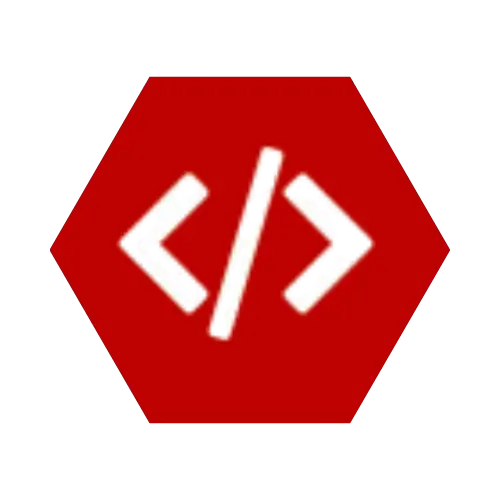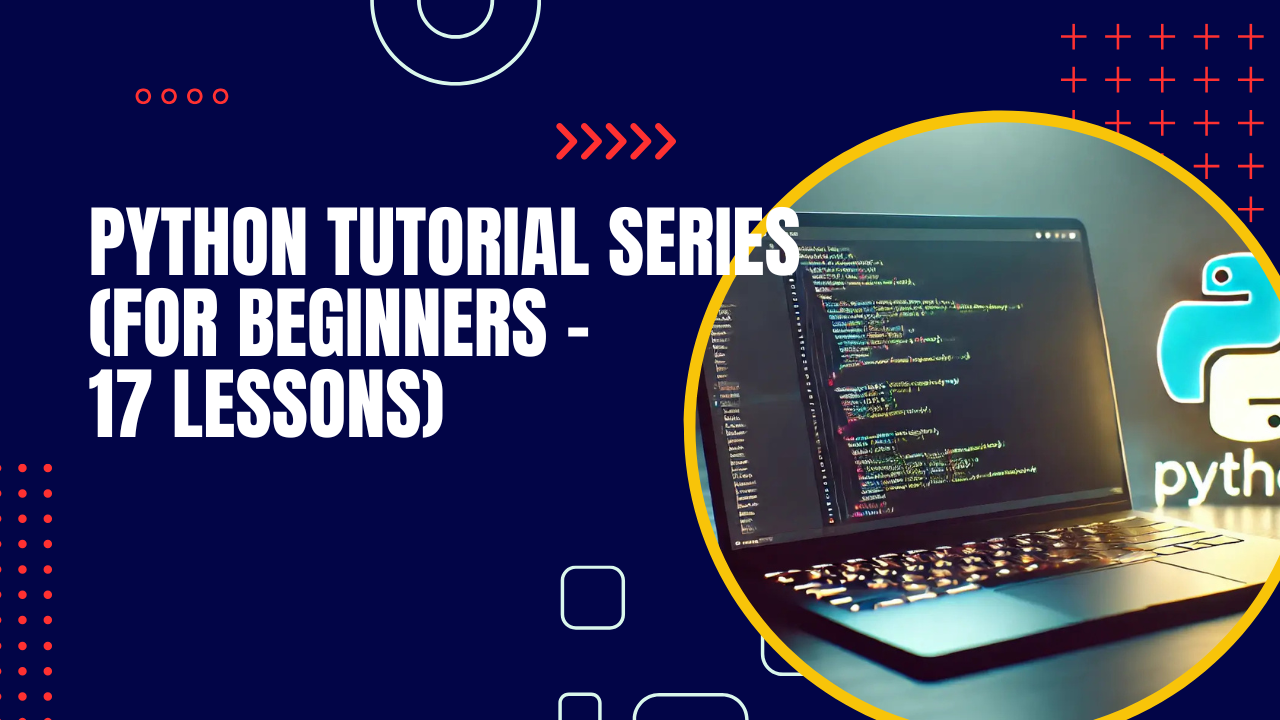Welcome back to the Python Tutorial Series for Beginners! 🚀
In Lesson 10, we learned about loops and how they help us repeat tasks efficiently.
Now in Lesson 11, we’ll dive into functions – the building blocks of organized and reusable code.
By the end of this lesson, you’ll understand:
- What functions are and why they’re important
- How to define and call a function
- Function parameters and return values
- Default arguments and keyword arguments
- Variable scope in functions
- Lambda (anonymous) functions
- Real-world use cases
- Beginner exercises
🔹 What are Functions?
👉 A function is a block of code that performs a specific task and can be reused whenever needed.
💡 Real-life example:
- A vending machine: You press a button (call function) → it dispenses a drink (returns output).
In Python, we use the def keyword to create functions.
🔹 1. Defining and Calling a Function
👉 Output:
🔹 2. Function Parameters
Functions can accept parameters (inputs).
👉 Output:
🔹 3. Return Values
Functions can also return results using the return keyword.
👉 Output: Sum = 8
🔹 4. Default Arguments
You can assign default values to parameters.
👉 Output:
🔹 5. Keyword Arguments
You can specify arguments by name for clarity.
👉 Output:
🔹 6. Variable Scope
Variables inside a function are local and cannot be accessed outside.
👉 Output:
🔹 7. Lambda (Anonymous Functions)
Lambda functions are small, one-line functions.
👉 Output: 25
Useful for short operations like sorting, filtering, or quick calculations.
🔹 8. Real-World Use Cases
✅ Calculator Function
✅ Reusable Greeting Function
✅ Filtering with Lambda
👉 Output: [2, 4, 6]
🔹 Exercises for Beginners
Try these in a new file (lesson11.py):
- Write a function that prints “Good Morning” when called.
- Create a function that takes two numbers and returns their product.
- Write a function that checks if a number is even or odd.
- Create a function with a default parameter for age (e.g., 18).
- Challenge: Write a function that takes a list of numbers and returns the maximum number.
🎯 Recap
In this lesson, you learned:
✅ Functions help organize and reuse code
✅ Parameters and return values make functions flexible
✅ Default and keyword arguments give more control
✅ Variable scope prevents accidental conflicts
✅ Lambda functions provide quick one-liners
✅ Functions are essential in real-world programming
Next up: Lesson 12 – Modules and Packages in Python 📦 (where we learn how to organize large projects).
💼 Need a Developer?
I'm Kingsley Odume, a Django, Flask, and FastAPI developer with experience building SaaS platforms, APIs, and modern web apps. If you're a recruiter or business owner looking for a reliable software developer, let's connect!
🚀 Hire Me



